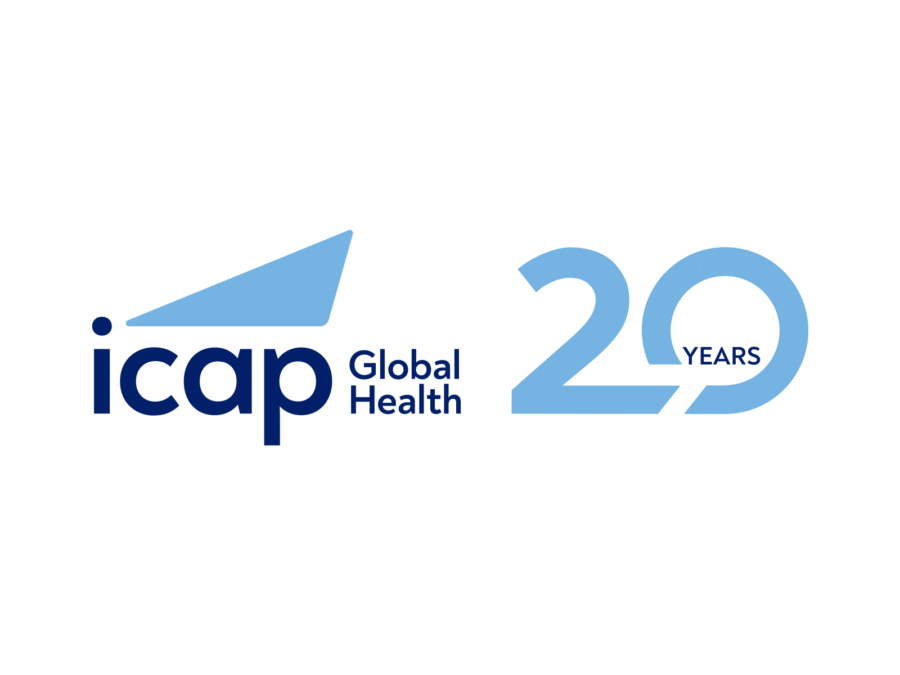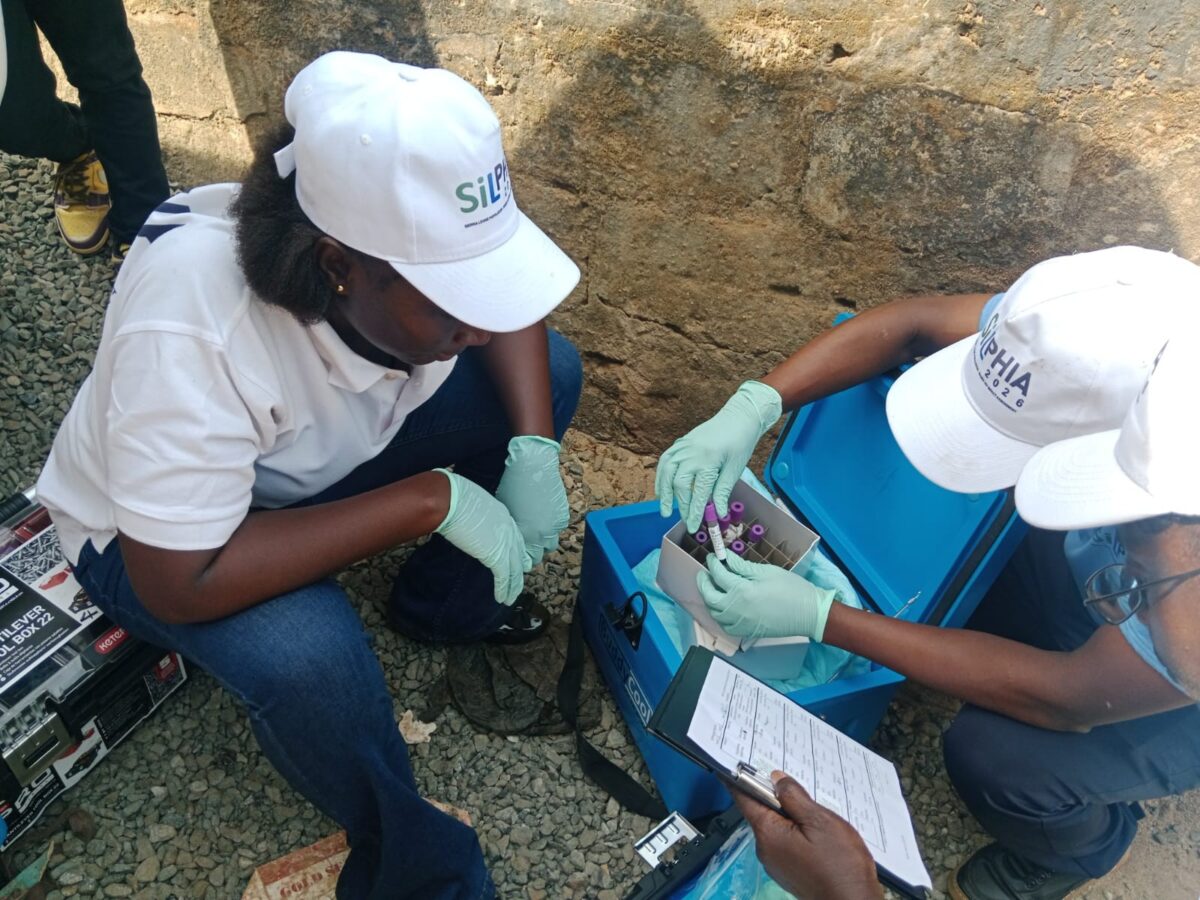Men who have sex with men (MSM) in sub-Saharan Africa, including in Mali, are highly stigmatized. They are widely perceived to be at high risk for HIV infection despite the paucity of data that accurately estimate this risk. Without such data, public health officials are not able to adequately assess the needs of this population and to allocate the necessary resources to meet their HIV prevention, care, and treatment needs.
Addressing the needs of this population has been a priority for the Ministry of Health (MOH) in Mali. According to Dr. Bouyagi Traore, coordinator for the Committee for the Fight against HIV at the MOH, the government as well as other organizations, have been long considering ways to improve the social and cultural conditions for MSM in Mali. Getting a clearer sense of their special health needs and providing proper resources was viewed as an important step in the right direction.
In 2014, with support from PEPFAR through the Centers for Disease Control and Prevention (CDC), the MOH partnered with ICAP and the International Center for Excellence in Research (ICER) at the University of Bamako to develop HIV surveillance activities among MSM by designing and implementing a bio-behavioral survey, specifically focused on this population. It was acknowledged that getting a large number of MSM to participate in a study and divulge sensitive sexual information, in particular older men, could present challenges, according to Telly Nouhoum, study coordinator at ICER.
To set the stage for the survey, ICAP conducted an assessment to gain insights into the appropriate way to design and conduct the survey. Using focus groups and interviews conducted among 40 MSM and 10 service providers who regularly encounter MSM. Information from these focus groups and interviews informed the mapping of the venues frequented by MSM as well as the approaches to be used in the survey.
From October 2014 to February 2015, ICAP, MOH, CDC, and ICER interviewed 550 MSM who consented to the survey. Data were collected on the men’s demographic characteristics, sexual history, drug and alcohol consumption, stigma, discrimination, and HIV knowledge, among other questions. Participants were offered HIV testing and counseling and those found to be HIV-positive were referred to care and treatment services.
“We wanted to determine HIV prevalence among MSM in Mali, as well as to understand their HIV risk behaviors,” said Dr. Maria Lahuerta, principal investigator of the study and deputy director of the strategic information unit at ICAP. “We collected key information, such as HIV risk perception, condom use among other information that will guide prevention activities.”
Findings from the survey indicated that HIV prevalence among MSM in Bamako was 13.7 percent, nine fold higher than among men in the general population. The study also found that only 47 percent had been tested for HIV in the past 12 months and more than 86.7 percent of those found to be HIV-positive were unaware of their HIV infection.
“The inclusion of all populations in HIV surveillance activities is essential to developing and providing comprehensive HIV prevention, care, and treatment services,” said Dr. Seydou Doumbia, dean of the faculty of medicine and dentistry and deputy scientific director at ICER. “By supporting the development of the bio-behavioral survey for MSM, PEPFAR and the CDC, along with ICAP, is helping Mali gather data on disease burden and service needs among key populations to inform priorities, allocate resources, and shape Mali’s response to the HIV epidemic.”








